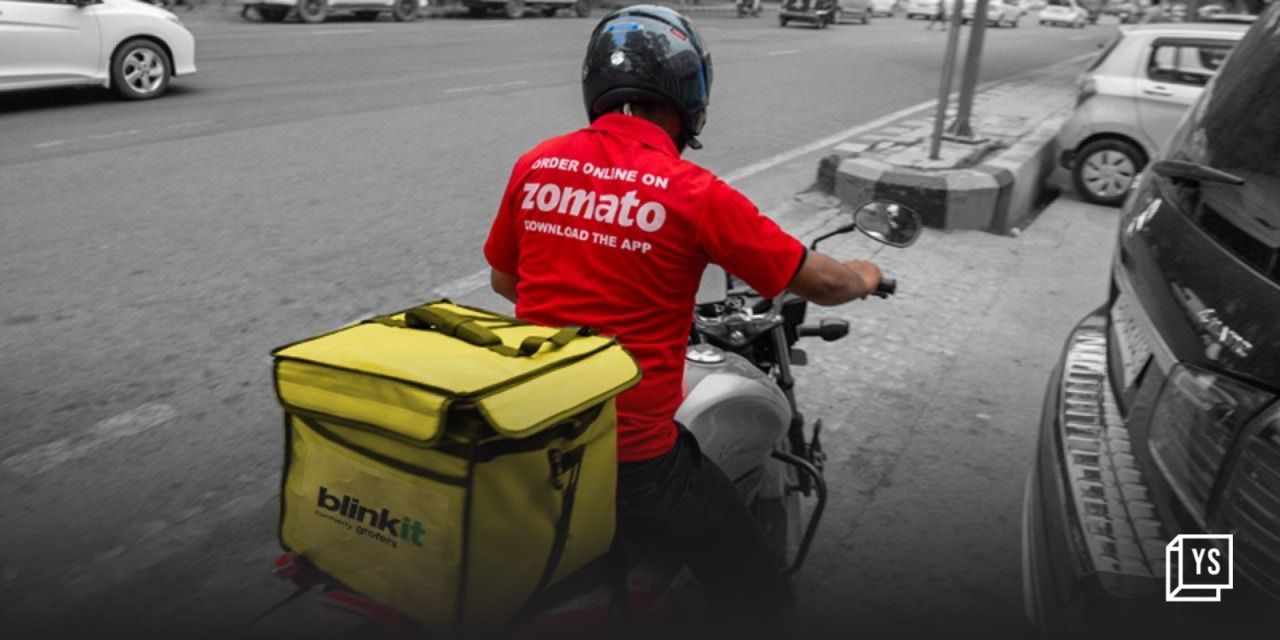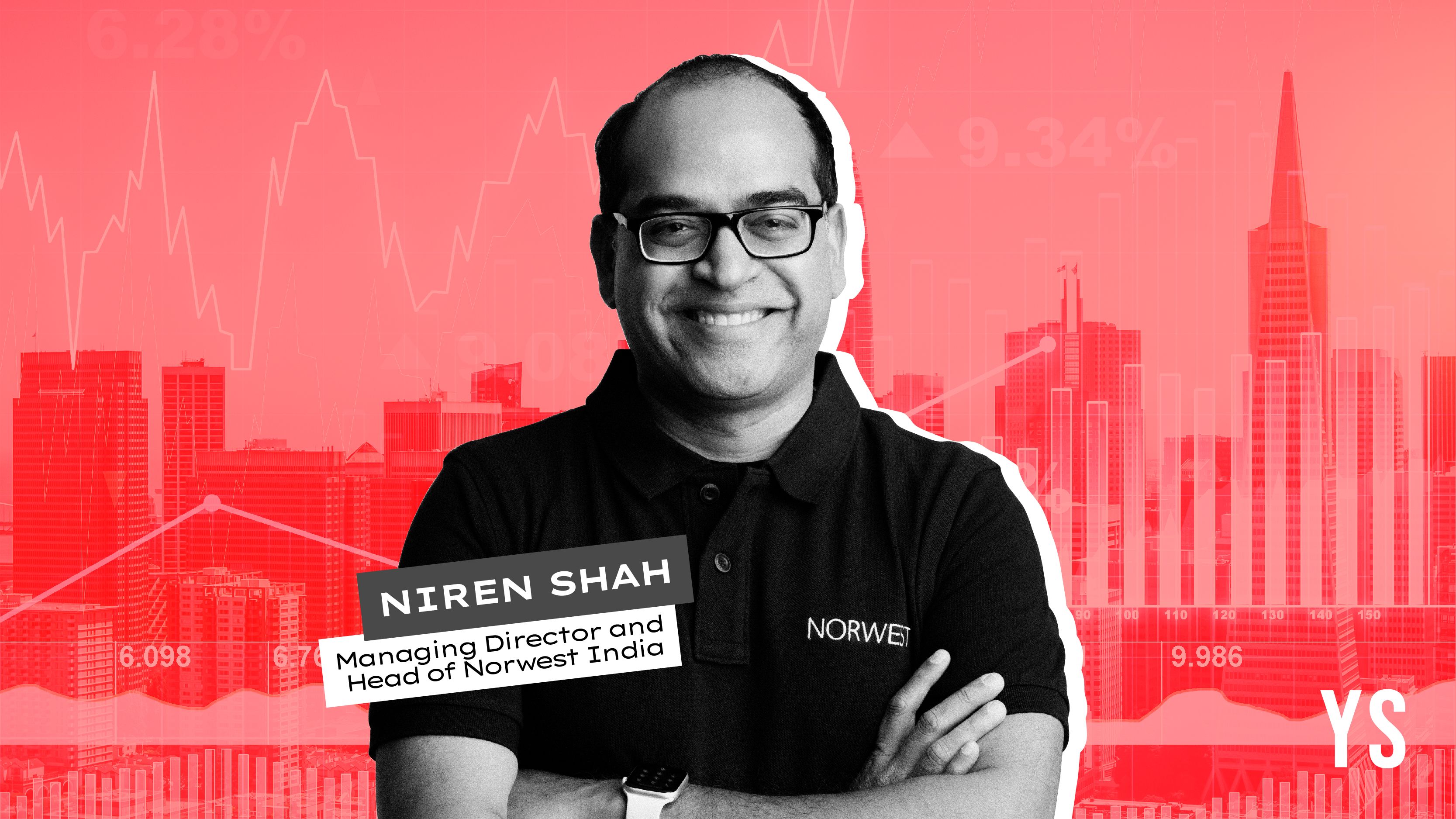Brij Kothari, PlanetRead: Same Language Subtitling on TV, for Mass Literacy in India
Monday August 08, 2011 , 7 min Read

We at YourStory.in recently caught up with Brij Kothari, Founder of PlanetRead, that enables Same Language Subtitling(SLS) to facilitate mass literacy in India. SLS is already delivering regular and inescapable reading practice to over 200 million weak-readers in India! In a conversation with YourStory.in, Brij tells us more about his journey as a social entrepreneur.Brij is one of the winners of NASSCOM Social Innovation Honours(NSIH) in 2011. To know more about NSIH, click here. To apply for the NASSCOM Social Innovation Honours 2012, click here.
Tell us about PlanetRead. What led you to starting up PlanetRead?
It all goes back to 1996, when I was a student at Cornell University. To improve my Spanish, I used to watch Spanish films with friends. These films all came with English subtitles. On one of those occasions I casually commented that if only Spanish films were shown with Spanish subtitles, it would help us learn the language faster. And then I added in jest that if they simply added Hindi subtitles to Bollywood songs, India would become literate. That thought gave birth to the concept we now call, "Same Language Subtitling," or “SLS”. SLS is simply the idea of subtitling audio-visual content in the 'same' language as the audio. After several years of research on SLS at IIM Ahmedabad, we found that mere exposure to SLS causes automatic and inescapable reading practice among viewers. SLS not only has the power to transition the masses of early-readers to functional literacy, it is also very popular among the viewers. PlanetRead was founded in 2004 as a non-profit to give the SLS innovation an additional organizational base to champion SLS from. Besides implementing SLS on 10 weekly TV programmes on Doordarshan, in as many languages, we conduct impact research on SLS in collaboration with IIM A, we are pushing it in national policy, getting private channels to join the effort in India and, more recently, other countries as well!
How long have you been operational? Where are you based? What is the size of your team?
PlanetRead was started in 1996. We are based in Mumbai, Ahmedabad and Pondicherry. Currently, we are about 20 people.
Brij, tell us about your background.
I grew up in the Sri Aurobindo Ashram in Pondicherry. I have a Masters in Physics from the Indian Institute of Technology, Kanpur. And, a Masters in Development Communication and a Ph.D. in Education from Cornell University. I am a Schwab Foundation Social Entrepreneur of the Year, 2009. The SLS project is delivering regular reading practice to over 200 million weak readers, in several Indian languages. I am also a faculty of the Indian Institute of Management, Ahmedabad and an Ashoka Fellow. I also started BookBox, a for-profit enterprise, as a Reuters Digital Vision and Microsoft Developing Country Fellow at Stanford University.
Share with us some of your past success stories.
The SLS innovation was featured by President Bill Clinton at the Clinton Global Initiative in 2009. It is the recipient of honours and awards from the Tech Museum of Innovation(San Jose), the Institute for Social Inventions(London), and Development Marketplace(World Bank). Supporters of SLS include Google Foundation, Sir Ratan Tata Trust, the Department of Education(Govt. of India), Mahindra Tractors, DELL Giving, and Doordarshan, India's public service broadcaster.
Tell us about partners that helped you scale up operations.
Sir Ratan Tata Trust, Development Marketplace(World Bank), Google Foundation and Dell Giving have, over the years, given us sizable grants to advance SLS operations, research and policy advocacy. Doordarshan has been an important partner allowing SLS on its song-based programmes. We have been holding steady at 10 weekly TV programmes for several years. However, real scale will only be achieved through policy acceptance of SLS. Our policy request is that SLS should be implemented on all songs in all languages, at least on Doordarshan, under its public service mandate. The fact that SLS also contributes to ratings, is a huge bonus for the broadcaster.
What are the challenges you faced while starting up PlanetRead?
SLS was rejected outright at first, by both, the broadcast and education departments, for the first 5 years. But on the basis of scientific evidence, we refuted 'expert objections' one by one, building a strong case for the innovation. The list of challenges is long. Our innovation straddles broadcast and education so the easiest thing for any side is to send us to the other. Officers who supported SLS were never in their positions long enough to see the innovation through. Institutional memory is weak in the Government so a fresh dialogue has to begin every time with a new person. Often officers could see SLS only as a small project, missing entirely the vision underlying it for India's literacy. A person in power can trump all the data one may have gathered, with a mere opinion!
Tell us about your reach currently.
SLS is at present giving reading practice for 30 minutes a week to 200 million weak readers.

How do you market SLS?
Bollywood songs are consumed with a passion all across India, in many languages. Our outreach model is perhaps laughably simple. Slide SLS into songs that people already watch. The singing along begins automatically. Reading becomes just a byproduct of entertainment.
Share with us your expansion plans.
We are trying to get Prasar Bharati to recommend SLS on all songs shown on Doordarshan, in every language. We are in dialogue with a private channel network in India to take up SLS. Interestingly, their independent analysis has found that SLS improves the ratings of songs. Internationally, we are exploring the possibility of SLS in Africa in collaboration with a global private network. I believe that we will not be the ones spreading SLS worldwide. The idea is powerful enough and will spread on its own, after it has a certain presence.
How do you measure impact of PlanetRead?
The basic model is simple. We take two groups that are comparable in most respects and create a baseline of their literacy skills. Then over a period, one group receives regular exposure to songs with SLS and the other does not. We re-measure their literacy skills and compare changes in skill levels across the two groups. This model works best in a controlled context. However, when we implement SLS on mainstream TV, those who say they watch our SLS programmes regularly are compared with those who say they don't.
How did recognition by NSIH help you?
An award is as good as its jury. The NSIH 2011 award's jury had a collection of stellar figures. So PlanetRead's attitude, going through the award process, was that even if we did not come up trumps, our prize would still be that several industry leaders would have at least taken a hard look at our work. Although, SLS has won several awards on the global stage, the social innovation honour from NASSCOM Foundation is the first honour we have received in India. By honouring us, NSIH brought our work to the attention of the corporate sector and the government in India. It is a vitally important first step in a nascent innovation ecosystem that far too often waits for affirmations from outside to tell us that there is something interesting in our backyard. Such honours have the potential to act as catalysts, shortening the path from idea to pilot to scale.
SLS services available in a variety of languages on the weekly TV programmes are listed at http://www.planetread.org/tv.php
Do share your thoughts on this story by writing to us at [email protected]








![[Product Roadmap] How Practo evolved from being a SaaS platform for doctors to a full-fledged healthcare ecosystem](https://images.yourstory.com/cs/2/a9efa9c02dd911e9adc52d913c55075e/product-road-map-1598948141466.png)

